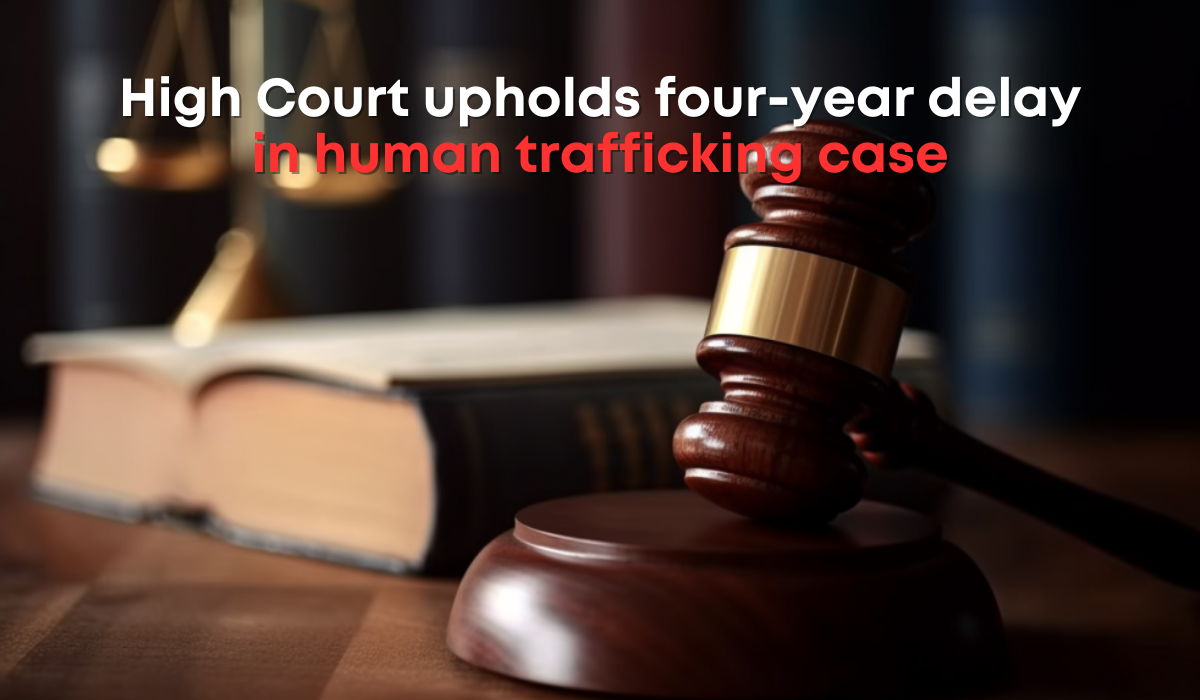In a significant ruling, the High Court has upheld a nearly four-year delay in deciding a human trafficking claim for a Kenyan refugee, deeming it lawful. The case, R (FH) v Secretary of State for the Home Department [2024] EWHC 1327 (Admin), also scrutinised the systemic delays within the UK’s National Referral Mechanism (NRM) and the undisclosed prioritisation criteria used by the Home Secretary for case decisions.
Background: A Lengthy Wait for Justice
The claimant, a Kenyan national, arrived in the UK in June 2019 as an overseas domestic worker. After escaping her abusive employer in early August 2019, she was referred to the NRM and received a positive reasonable grounds decision on 19 August 2019. Subsequently, she applied for asylum on 11 January 2020 and gave birth to her son in August 2021. Despite multiple chases from her solicitors due to her deteriorating mental health, her case remained undecided until December 2022, when a judicial review was initiated. A conclusive grounds decision was finally made in April 2023, and she was granted refugee status in July 2023.
Judicial Review: Grounds and Proceedings
The judicial review was based on three primary grounds:
- The delay in the claimant’s case was unreasonable, discriminatory, and a breach of the European Convention on Human Rights.
- There was a systemic unlawful delay within the Single Competent Authority (SCA).
- The failure of the Home Office to publish guidance on case prioritisation was unlawful.
During the proceedings, it was revealed that the Home Secretary had an undisclosed prioritisation list created in February 2023, which included criteria such as cases with pending judicial reviews or pre-action letters. This list only came to light during the judicial review, highlighting issues with the Home Office’s duty of candour.
Key Highlights of the High Court’s Ruling
The High Court dismissed all grounds of the challenge. The judge ruled that:
- The specific delay in the claimant’s case, while regrettable, was not unlawful.
- Systemic delays within the NRM did not constitute systemic unlawfulness, citing improvements and recruitment efforts despite evidence of decreasing decision-maker staff.
- The undisclosed prioritisation list, although problematic in its non-disclosure, did not render the delay unlawful, especially since it has now been published.
Ministerial Submissions and the Prioritisation of Albanian Cases
A critical aspect of the human trafficking case was the prioritisation of Albanian trafficking cases following a UK-Albania agreement on returns. Ministerial submissions revealed that Albanian cases were prioritised to meet government targets, resulting in a significant reduction in pending cases. However, this approach diverted resources from other nationalities, prolonging their wait times.
The submissions detailed how, post-agreement, the majority of resources were allocated to Albanian cases, which reduced their backlog but left other nationalities in prolonged limbo. This policy decision, while effective in reducing one backlog, exacerbated delays for others, highlighting systemic inefficiencies.
A Call for Systemic Reform
The ruling underscores the profound challenges within the UK’s human trafficking and asylum decision-making processes. Despite acknowledging the claimant’s distress and broader delays, the court found no legal basis to declare the delays unlawful. The decision highlights an urgent need for systemic reforms to address protracted wait times faced by trafficking victims and asylum seekers, ensuring timely and fair decisions.
For those going through the complex UK immigration system, this case serves as a reminder of the importance of seeking professional legal advice. Understanding your rights and the legal frameworks can significantly impact the outcome of immigration and asylum cases.
Get in touch: For a comprehensive understanding of your options or queries on UK immigration matters, contact GigaLegal Solicitors at 02074067654 or click here to book a no-obligation consultation with an immigration expert.


